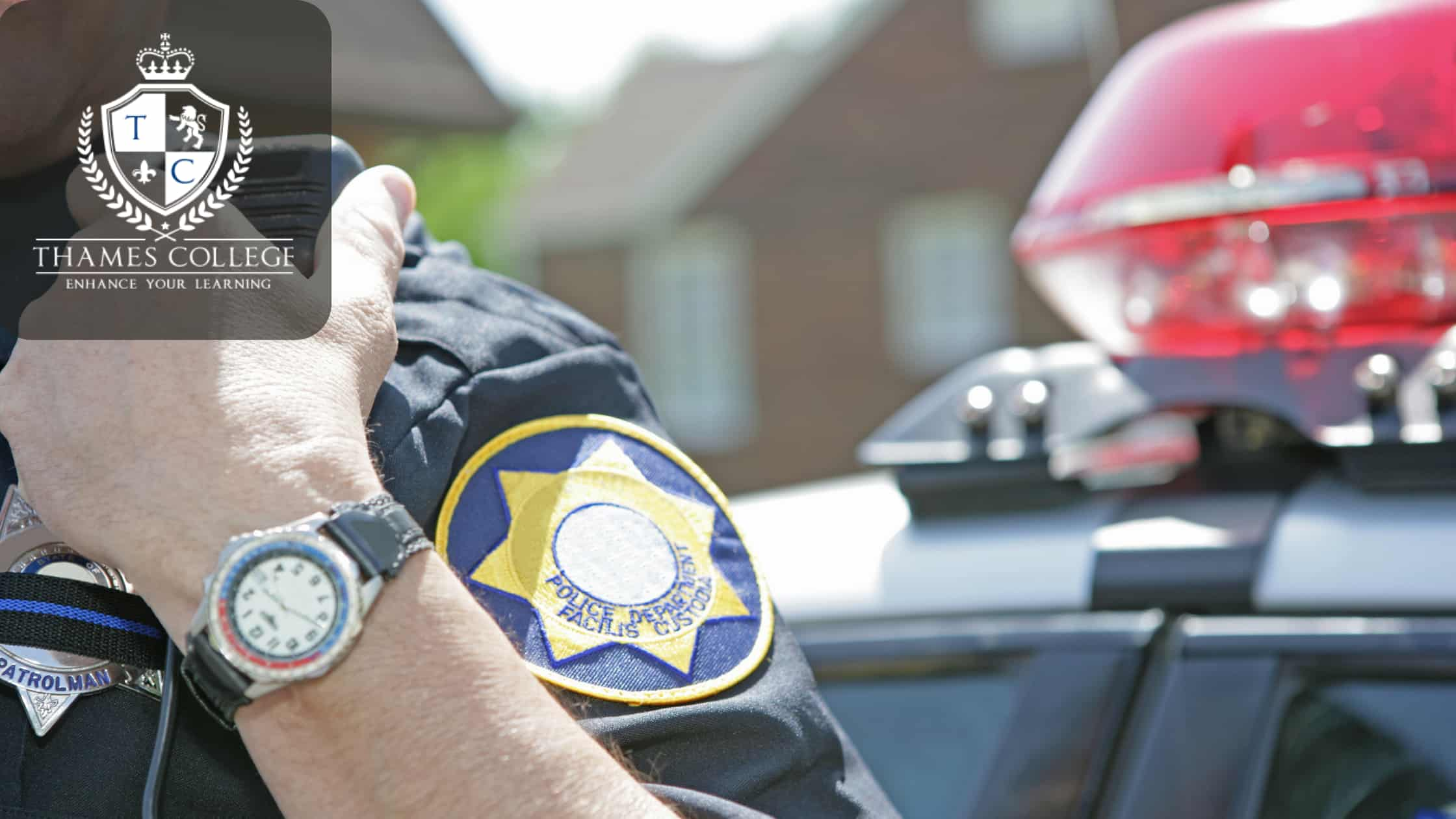

Becoming a Probation or Parole Officer isn’t something you can walk into unprepared. It’s a complex, emotionally demanding role that involves balancing legal accountability, community safety, and individual rehabilitation.
A high-quality training course doesn’t just teach theory—it gets you ready for the real work. In this post, we look at how a well-designed course prepares you for the challenges of frontline probation and parole work in the UK.
1. Blending Law with Human Behaviour
You’ll learn how to apply UK law in real-life scenarios. But just as importantly, you’ll understand the human side of justice.
The course covers:
- Criminal justice frameworks, especially around sentencing, parole, and risk
- Motivations behind offending behaviour
- Support strategies for rehabilitation
You’ll see how this theory is applied in Real-Life Case Scenarios in Probation & Parole Work, where legal judgement meets human need.
2. Practical Risk Assessment Training
You’ll be trained to use professional tools for identifying and managing risk—core to the job of any officer.
The course includes:
- Recognising escalating behaviour
- Rating risk of harm and reoffending
- Adjusting supervision levels based on risk assessments
This training is critical for real-world safety and aligns with what you’d see daily in A Day in the Life of a Probation & Parole Officer.
3. Communication and Interview Skills
You’ll practise:
- Conducting difficult conversations
- Navigating client resistance
- Leading structured interventions
- Writing reports for courts and parole boards
These are all real skills you’ll need on the job. As outlined in Top Skills Every Probation & Parole Officer Must Have, this is what separates successful officers from those who burn out.
4. Community Resource Mapping
Officers don’t work in isolation—they’re deeply connected to support networks.
Training helps you:
- Identify and connect with housing, employment, and health services
- Create collaborative supervision plans
- Build contacts within your local area
This ties directly into what’s explored in The Role of Community in Probation & Parole Success.
5. Working with High-Risk Clients
Not all clients are low-risk. The course prepares you for:
- Handling breaches and non-compliance
- Responding to violent or aggressive behaviour
- Communicating with police and Multi-Agency Public Protection panels
You’ll see this in action in How Probation & Parole Officers Help Reduce Reoffending, especially with high-need clients.
6. Emotional Preparedness and Professional Boundaries
This career can be emotionally taxing. The course also prepares you to:
- Recognise signs of burnout
- Set and maintain clear boundaries
- Access professional support when needed
You’re trained not just to manage others, but also yourself.
7. Realistic Scenario-Based Learning
Through role-plays, mock interviews, and case simulations, you’ll:
- Make decisions under pressure
- Defend your assessments
- Reflect on outcomes and improve your responses
This brings the job to life—far beyond reading or lectures.
Final Thought
A strong course equips you with more than qualifications. It prepares you to face uncertainty, deal with people at their worst, and still believe in their potential.
It prepares you to serve justice with empathy—and resilience.
Next Read:
📖 Why Now is the Right Time to Become a Probation & Parole Officer
📖 Inside the Course: What You’ll Learn About Probation & Parole
📖 Career Path: How to Become a Probation & Parole Officer in the UK
Still searching for the right course? View All Courses NOW
- All Courses
- QLS Endorsed Single Course697
- Management Courses326
- Technology Courses295
- Mega Bundles262
- Business Courses246
- Health Courses219
- Professional & Personal Growth202
- Teaching Courses201
- Creative Courses97
- Law Courses89
- Marketing Courses78
- Counselling Courses77
- Engineering Courses53
- Job Guarantee Programme50
- Arts Courses41
- 4-in-1 bundle32
- QLS Endorsed Single Course with Free Certificate31
- Science Courses29
- Agriculture Courses23
- Regulated Courses6
- Psychology3











